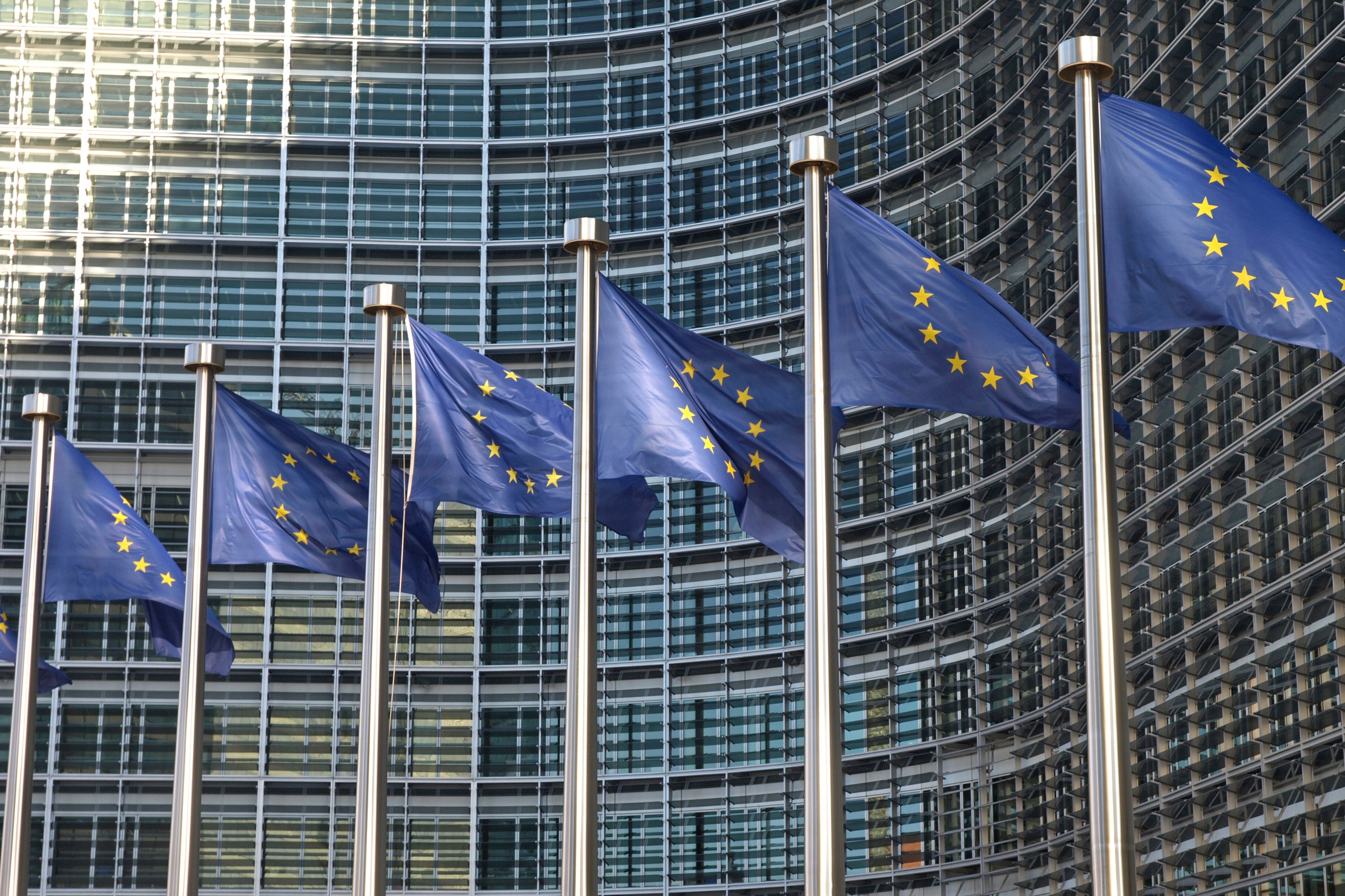Capgemini to build €8m EU Big Data portal
European Commission’s Big Data platform will pull in open datasets from 39 European countries

The European Commission (EC) has contracted Capgemini to build an 8 million Big Data portal across Europe, pulling in public datasets from 39 countries.
The body aims to make the Open Data Portal its core platform through which all European public data will be available to any citizen with internet access.
Capgemini will head up a consortium of organisations and subcontractors, including the Open Data Institute and the University of Southampton, to develop, launch and operate the portal.
The three-year contract will also see the consortium ensure governments publish and supply open datasets to the project, while subcontractors will be tasked with creating products and services based on the data.
European Union (EU)-specific data will include its aid spend per country, down to detailed information on research projects.
Dinand Tinholt, VP and EU lead at Capgemini, said: "More and more volumes of data are published every day, every hour, every minute, every second across every geography large and small.
"With the increasing digitisation of society, the amount of data across the world is set to increase exponentially.
Get the ITPro daily newsletter
Sign up today and you will receive a free copy of our Future Focus 2025 report - the leading guidance on AI, cybersecurity and other IT challenges as per 700+ senior executives
"This strategic project is at the heart of all the open and Big Data initiatives of public administrations across Europe.
"It will also serve as a platform to engage with private players, of all sizes, operating in the field of open data and predictive analytics."
The consortium will earn up to 8 million, with the money coming from the Connecting Europe Facility (CEF), an EU quango whose purpose is to deploy IT infrastructure that helps businesses, people and governments across Europe collaborate.
The news comes after the EC announced a tender for its first cloud services last month, seeking suppliers to provide it with Infrastructure-as-a-Service (IaaS) cloud, public IaaS cloud and public Platform-as-a-Service cloud services.
The two-year contract would see the EC gain 2,500 virtual machines and 2,500TB of virtual storage equivalent to around 15 per cent of the EC's in-house capacity.
-
 Bigger salaries, more burnout: Is the CISO role in crisis?
Bigger salaries, more burnout: Is the CISO role in crisis?In-depth CISOs are more stressed than ever before – but why is this and what can be done?
By Kate O'Flaherty Published
-
 Cheap cyber crime kits can be bought on the dark web for less than $25
Cheap cyber crime kits can be bought on the dark web for less than $25News Research from NordVPN shows phishing kits are now widely available on the dark web and via messaging apps like Telegram, and are often selling for less than $25.
By Emma Woollacott Published
-
 TikTok to open first European data centre in Ireland
TikTok to open first European data centre in IrelandNews The move could signify a desire to shift its operations away from the US as well as secure its position in the European market
By Sabina Weston Published
-
MPs in a muddle over GDPR and storing voters' personal data
News Labour MP Chris Bryant says his staff were told to delete constituents' data
By Bobby Hellard Published
-
 Trump resort will not be charged for breaching data laws
Trump resort will not be charged for breaching data lawsNews Presidential hopeful's Scottish golf course failed to register under the Data Protection Act for four years
By Adam Shepherd Published
-
 Which is the best UK network for data roaming in the EU?
Which is the best UK network for data roaming in the EU?Best And how will Brexit affect your data roaming in Europe?
By Andrew Williams Published
-
 Banks urged to share data but warned over security
Banks urged to share data but warned over securityNews Experts voice concern over security of open API recommendations
By Rene Millman Published
-
 EU centralises European open data through one portal
EU centralises European open data through one portalNews Open Data Portal will enable public sector bodies to share information
By Rene Millman Published
-
 Experts question sheer scale of data storage required by Snooper's Charter
Experts question sheer scale of data storage required by Snooper's CharterNews Who will foot bill for physical infrastructure to house UK's browsing histories?
By Jane McCallion Published
-
 Snapchat's T&Cs update could put user data at risk
Snapchat's T&Cs update could put user data at riskNews Kaspersky said giving the service permission to share pictures with third parties could lead to a serious breach of privacy
By Clare Hopping Published